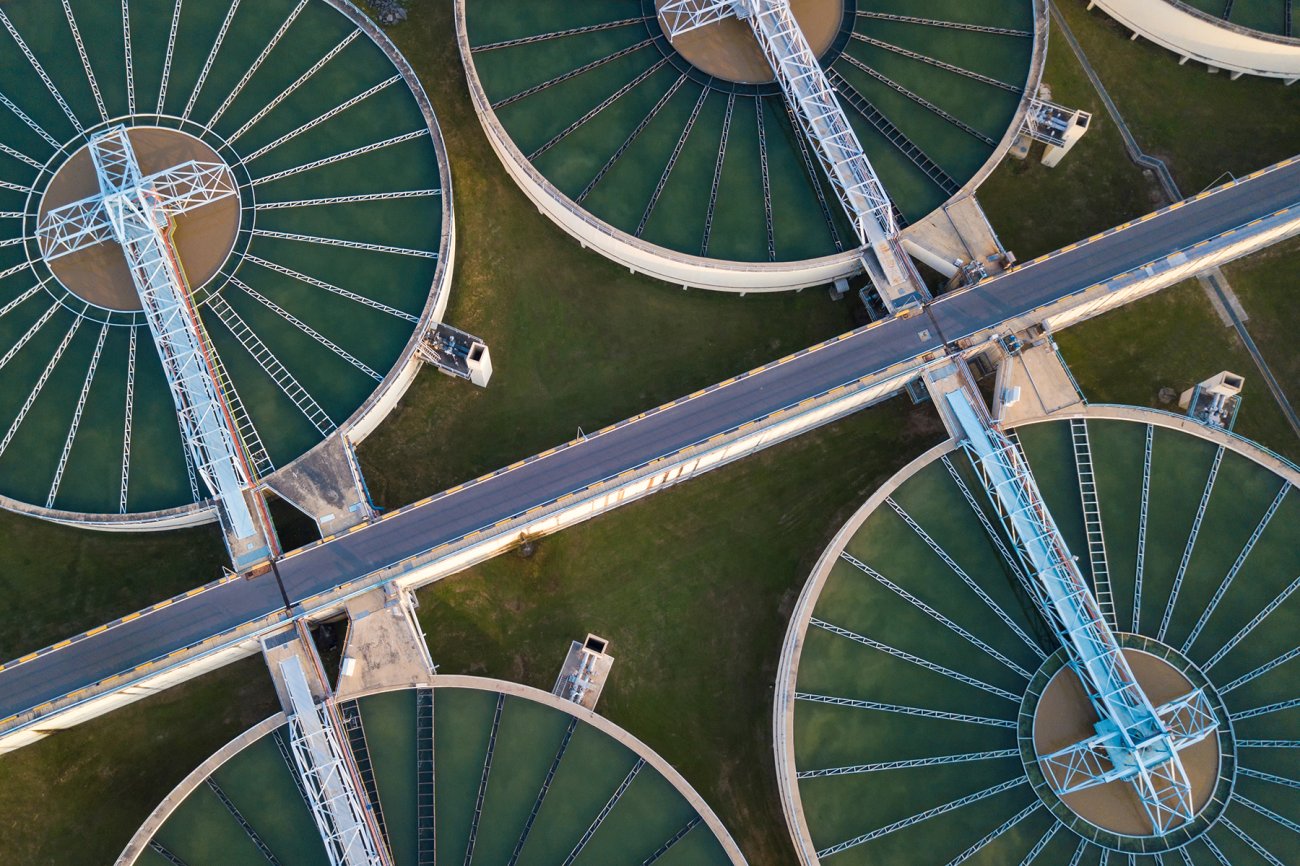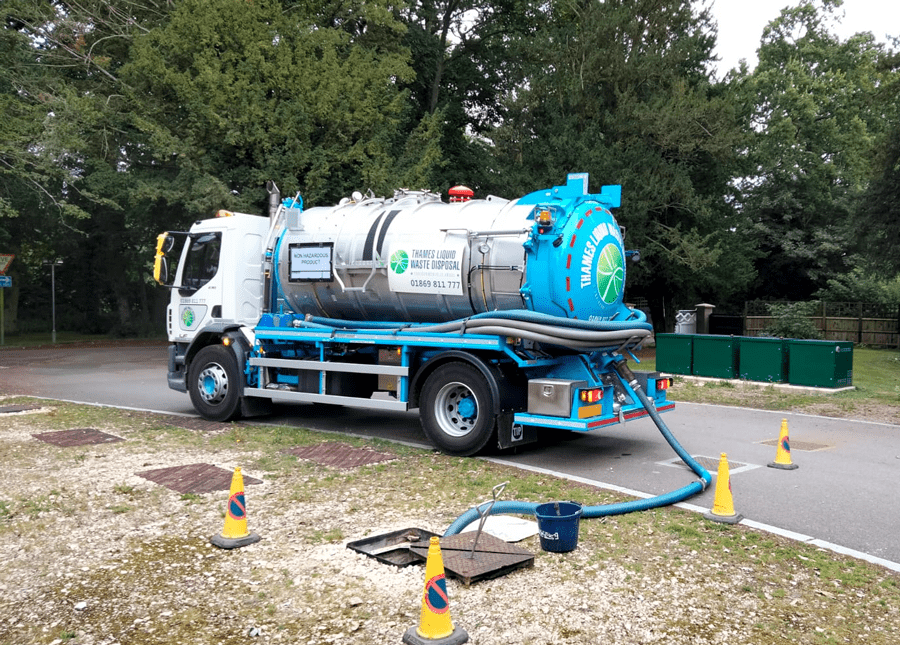Reclaim Waste Things To Know Before You Get This
Table of ContentsNot known Factual Statements About Reclaim Waste The Best Guide To Reclaim WasteThe 2-Minute Rule for Reclaim WasteReclaim Waste Things To Know Before You BuyThe Greatest Guide To Reclaim Waste
With appropriate fluid waste monitoring, companies can minimize energy-intensive therapy procedures and disposal prices. By adhering to a system for handling fluid waste, companies can prevent pricey fines and charges and prevent negative promotion.(https://medium.com/@leonaube33101/about)Accumulate depictive samples from numerous factors within the waste stream to guarantee precision. Conduct periodic screening to track any kind of changes in the structure. Maintain thorough documents of characterization for future recommendation and compliance objectives. Fluid waste, especially harmful ones, postures significant dangers during this step. Correct treatments decrease spills, leaks, and various other crashes that might hurt the workers and the public.

Disinfection (e.g., chlorination, ultraviolet light, ozonation) and nutrient removal (e.g., denitrification and phosphorus elimination) are suggested under rigid policies. Countless firms violated a number of fluid waste disposal laws in recent years.
3 Easy Facts About Reclaim Waste Described

Shallow basins have fluid waste that is enabled to evaporate through natural processes. This type of disposal is subject to rigorous environmental regulations due to possibly hazardous discharges.
The searchings for need to be documented, analyzed, and stored not just for submission to governing authorities yet likewise for making improvements in the future. Share info with appropriate stakeholders (e.g., workers, regulatory government companies, and neighboring areas) to preserve openness and liability.
Comprehending these can assist them efficiently handle their operations and lessen their ecological effect. Firms that can not invest in centers need to think about teaming up with the public market for much better options.
The Best Guide To Reclaim Waste
By carrying out detailed monitoring systems that consist of therapy and reusing strategies, routine surveillance, danger evaluations, and adherence to regional and government guidelines, commercial facilities can contribute to the protection of groundwater products, ensuring their availability for future generations (liquid waste disposal melbourne). Allow's look into the relevance of efficient liquid waste click now monitoring in the commercial industry, concentrating on its ramifications for protecting groundwater sources
The contamination of groundwater sources as a result of incorrect liquid waste monitoring in the commercial market has far-ranging repercussions for human health and wellness, farming, and the setting in its entirety. Some of the possible impacts triggered by such pollution include: Infected Alcohol consumption Water Materials: As groundwater supplies a considerable portion of our alcohol consumption water, contamination from commercial activities can result in unsafe chemicals and bacteria entering our water systems, positioning health and wellness dangers for people.
Lowered Agricultural Productivity: Farming relies greatly on groundwater for irrigation; therefore, polluted water can hinder crop returns, contaminate farming items, and affect food safety and security. Offered the relevance of protecting groundwater resources, it is important for organizations to take a positive position in handling their liquid waste properly and stopping contamination.
The Ultimate Guide To Reclaim Waste
Fluid waste can contaminate land and contaminate waters. Under the Protection of the Environment Operations Act 1997, organizations that produce liquid waste are called for to manage it in such a way that safeguards the setting and the community. Details about taking care of and saving liquid waste, reacting to spills and reducing liquid waste is offered in the complying with fact sheets and guidance:.
Water, the significance of life, is under consistent danger from contamination. The role of waste administration specialists in guarding this precious resource can not be overemphasized. Their solutions consist of: Sewage-disposal tank and oil catch cleaning: Essential for preventing unsafe contaminants from entering our water systems. Contaminated water and infected effluent monitoring: Ensuring that harmful liquids are securely removed and dealt with prior to they can hurt our water sources.
Therefore, integrating sustainable liquid waste monitoring right into financial planning improves financial stability and safeguards the atmosphere, demonstrating the value of this method. In conclusion, taking on specialist fluid waste monitoring practices is essential for making certain a sustainable future, shielding our environment and protecting the health of future generations.
When it concerns throwing away waste, sticking to proper procedures is vital for a multitude of factors. Appropriate waste disposal is not almost tidiness; it's regarding guaranteeing the wellness of our setting, health and wellness, and the efficient use sources. Recognizing the importance of effective waste monitoring can help all of us add to a much healthier, cleaner planet.
Rumored Buzz on Reclaim Waste
Reliable waste monitoring helps keep tidy roads and public rooms, lowering the aesthetic effect of trash and guaranteeing that waste does not damage wildlife. When waste is not disposed of properly, it can bring about pollution, where dangerous materials can leach right into the soil, water supply, and the air, creating lasting ecological troubles.